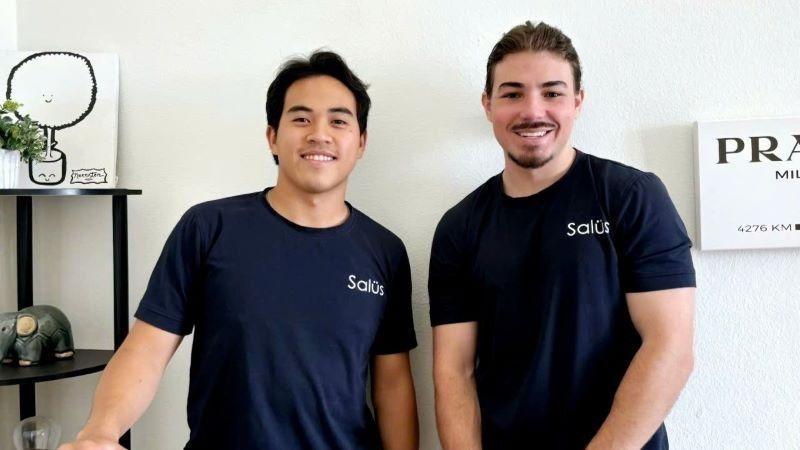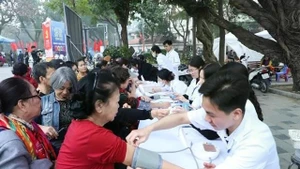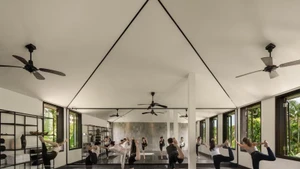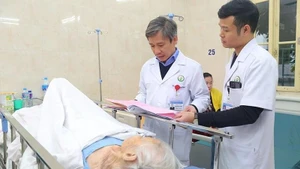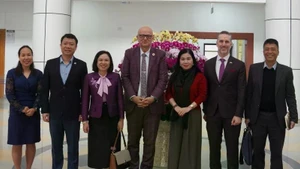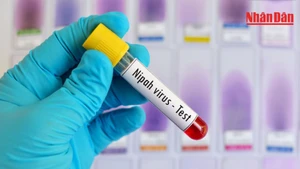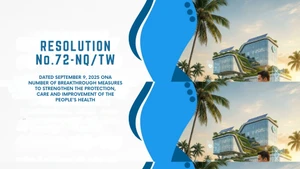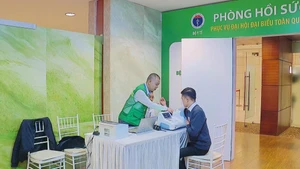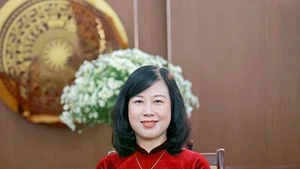A startup born from empathy for heart patients
James, 45, a construction worker in Southern California, had long struggled with high blood pressure and elevated cholesterol. Frequent chest pains left him in a constant state of anxiety, living in fear of a looming health crisis. Traditional treatment options—mainly medication with undesirable side effects—only added to his exhaustion and frustration.
Seeking an alternative, James turned to Salus Health, a technology platform offering comprehensive rehabilitation solutions for cardiovascular patients. His journey to recovery began with home-based blood tests, used to analyse biomarkers related to stress and cardiac function.
Based on these results, the Salus Health team developed a personalised care plan incorporating nutritional advice and tailored physical activity. Thanks to this dedicated and evidence-based approach, James saw marked improvement within just a few weeks: his blood pressure stabilised, chest pains significantly subsided, and his anxiety was brought under control. He returned to work, overseeing construction projects with renewed confidence, and enjoyed a more balanced life with his family. He credits this transformation to Salus Health’s holistic model.
Salus Health was founded in June 2022 by Trung Tran, a young entrepreneur originally from Ho Chi Minh City. A graduate with honours in international business from USC (Los Angeles), HKUST (Hong Kong, China), and Bocconi University (Milan), Trung partnered with Dr Karim El Shrief, a leading cardiologist at Tri-City Medical Centre, to develop the platform.
Their collaboration—built on rigorous research and hundreds of patient case studies—highlighted a key flaw in traditional cardiac rehabilitation: the over-reliance on medication and the lack of integrated support services. This often left patients isolated, anxious, and dependent on drugs.
Cardiovascular disease remains the leading cause of death in the United States, affecting nearly 700,000 people annually and costing the healthcare system more than 229 billion USD. Around one-third of heart patients experience clinical anxiety or depression, yet fewer than 10% receive psychological support, and under 25% have access to comprehensive care. Studies show that holistic cardiac rehabilitation programmes can reduce hospital readmissions by 25–30%.
Salus Health was created to fill this critical gap—offering an accessible, integrated, and scalable solution that could redefine cardiovascular care from Silicon Beach to across the country.
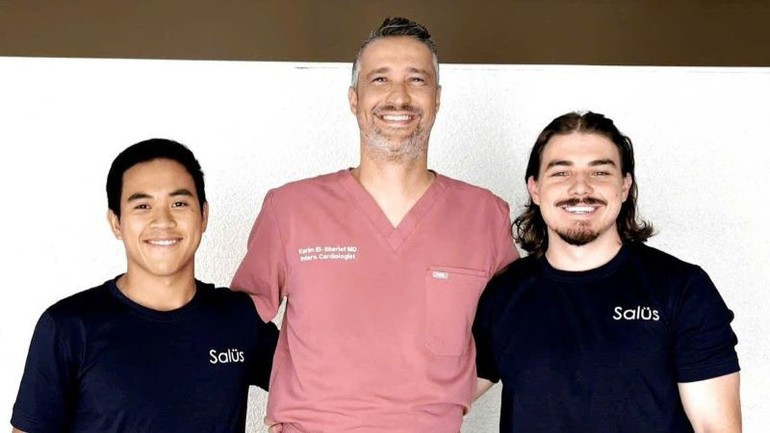
A complete transformation in cardiac care
Salus Health employs a unique integrated care model, combining the expertise of a multidisciplinary team—including functional medicine practitioners, therapists, nutritionists, exercise specialists, and respiratory trainers—to support every facet of a patient's recovery journey.
The process begins with in-depth home blood testing, which measures key biomarkers related to cardiovascular health, metabolism, inflammation, and nutrition. This data forms the basis for a personalised care plan. Advanced wearable technologies—such as Fitbit, Apple Watch, and Oura Ring—are used to monitor real-time health data, including sleep patterns, heart rate, stress levels, and physical activity.
Artificial intelligence further enhances the platform by automating monitoring, personalising engagement, and streamlining operations, making tailored care more efficient and scalable.
After nearly two years of research and development, Salus Health has attracted interest from over 10,000 patients. To date, more than 300 patients have directly benefited from the service, with improved daily function, reduced medication dependence, and enhanced quality of life.
Over 80% of users reported a significant reduction in stress and anxiety within the first two weeks of treatment. Meanwhile, 90% chose to continue with the care programme. Patients also experienced measurable improvements in key biological markers, including cholesterol, inflammation (hsCRP), and stress hormones (cortisol), within the first 60 days.
Perhaps most importantly, many have returned to activities they love, reconnected with their communities, regained professional confidence, and significantly reduced their reliance on medication—underscoring the transformative power of holistic support in cardiac recovery.
Bridging Viet Nam and Silicon Beach
The application of technology in healthcare has become a global imperative, especially in the wake of the COVID-19 pandemic, which reshaped how people approach health, prevention, and treatment. Yet healthcare remains a demanding field, requiring precision, resilience, and a deep sense of purpose—qualities essential for any young entrepreneur entering the sector.
Trung Tran’s journey from Viet Nam to Silicon Beach exemplifies the creative spirit and global potential of young Vietnamese talent. Speaking about his future plans, Trung shared his desire to give back to his roots by contributing to Viet Nam’s startup ecosystem and sharing insights gained from one of the most competitive healthcare markets in the world.
Looking ahead, he hopes to bring Salus Health’s comprehensive care model to Viet Nam and other parts of Asia. “My success is deeply rooted in the cultural values I grew up with in Viet Nam—resilience, adaptability, and dedication,” he said. “I plan to return home one day to continue my journey of innovation, applying technology in a field I truly love—medicine.”
